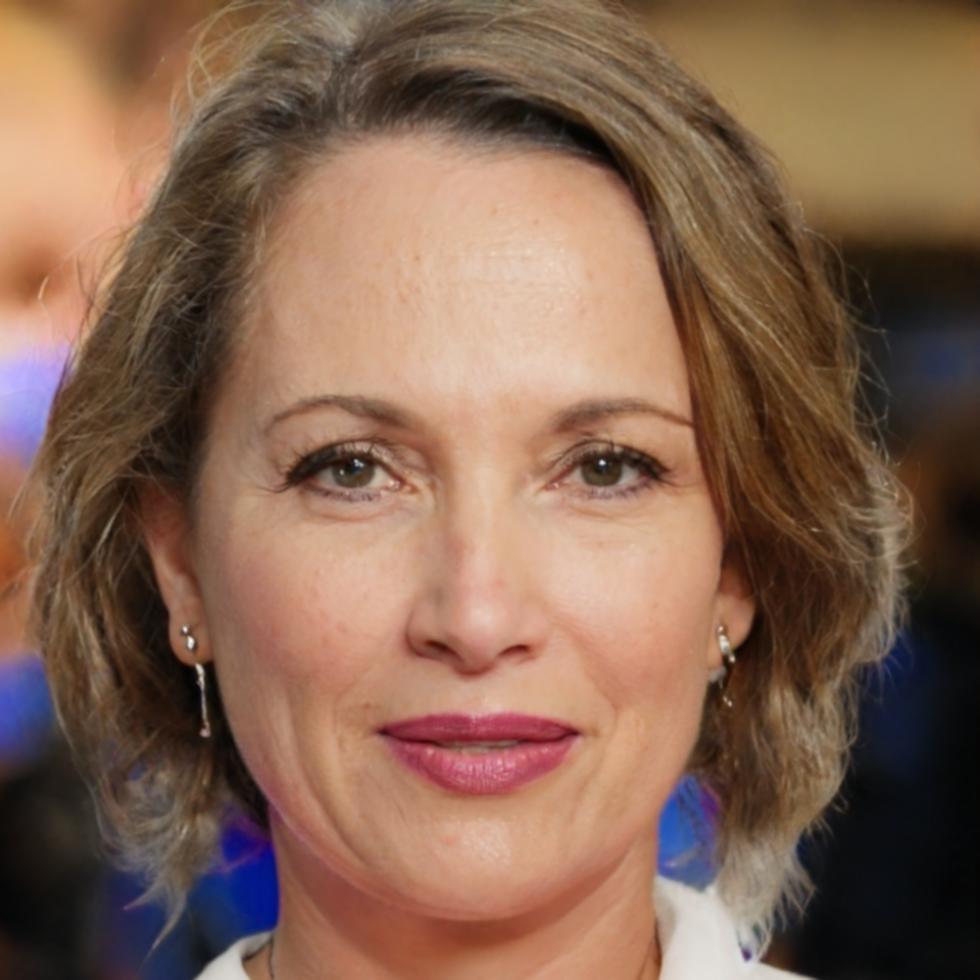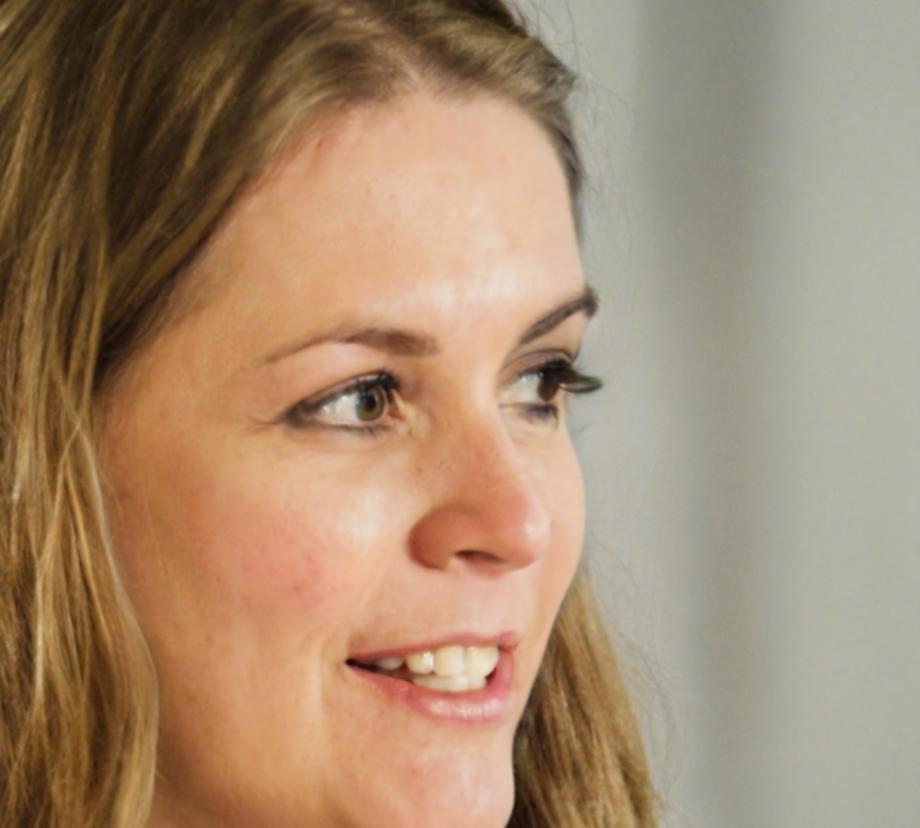Getting Started With Your Financial Journey
Planning for financial milestones isn't something you do in a weekend. It takes some preparation, a bit of honest reflection, and—most importantly—knowing what you're actually trying to accomplish.
We've worked with hundreds of Australians who came to us with different goals. Some wanted to buy their first home. Others were thinking about retirement or paying down debt. What they all had in common? They needed clarity before they could take action.
This page exists to help you figure out if you're ready. Not to sell you anything—just to give you a realistic picture of what financial planning actually involves.

Are You Actually Ready?
Financial planning works best when you've got these foundations in place. You don't need everything perfect, but having most of these sorted will make the process smoother.
A Clear Picture of Your Finances
You should know roughly what comes in each month and where it goes. We're not talking about tracking every coffee—but you need the big picture. What's your income? What are your fixed costs? Where does the rest go?
Some Financial Breathing Room
If you're living paycheque to paycheque right now, milestone planning might not be the first priority. Building a small emergency buffer often comes first. Even a thousand dollars can make planning feel less stressful.
An Idea of What You Want
You don't need a detailed five-year plan, but you should have some sense of what you're working towards. A house deposit? Early retirement? Paying off your mortgage faster? Having a direction makes everything easier.
Realistic Expectations About Time
Financial milestones don't happen overnight. If you're hoping to transform your situation in six weeks, you'll probably be disappointed. But if you're thinking in terms of months or years, we can work with that.
Willingness to Make Changes
Here's the thing—if you're not open to adjusting how you handle money, planning won't help much. That doesn't mean massive sacrifices, but it does mean being honest about what needs to shift.
Basic Financial Documents Handy
Bank statements, super statements, loan details, insurance policies—you'll need access to these. If the thought of gathering them makes you anxious, that's normal. But you will need them eventually.
What the Process Actually Looks Like
Financial planning isn't one big conversation. It unfolds in stages, and each one builds on the last. Here's what typically happens.
Initial Discovery Call
We talk for about 30 minutes. You tell us what's going on financially and what you're hoping to achieve. We ask questions to understand your situation better. No commitment, no pressure—just an honest conversation about whether we're a good fit.
Document Collection Phase
This is where you gather all those financial statements. It's not the most exciting part, but it's essential. Most people take about a week to pull everything together. We'll give you a checklist so you know exactly what you need.
Deep Dive Analysis
We spend time reviewing everything you've provided. We're looking at cash flow patterns, identifying opportunities, spotting potential risks. This happens on our end—you don't need to do anything except maybe answer a few follow-up questions.
Strategy Presentation
We sit down and walk through what we've found. This isn't about overwhelming you with jargon—we explain things in plain language. You'll see different options, understand the trade-offs, and start to see a path forward.
Implementation and Support
Once you decide on a direction, we help you put things in motion. That might mean setting up new accounts, adjusting investments, or restructuring debt. And we check in regularly to make sure things are working as intended.
Questions People Ask Before Starting
These come up in nearly every initial conversation. Maybe you're wondering the same things.
How much money do I need to have before this makes sense?
There's no magic number, but if you've got at least a few thousand dollars in savings and some regular income, we can work with that. Financial planning isn't just for wealthy people—it's for anyone who wants to be more intentional with their money.
What if my financial situation is a bit messy right now?
Honestly? Most people's finances are messier than they'd like to admit. That's normal. We've seen everything from complicated debt situations to investment portfolios that haven't been touched in years. Starting with clarity is better than waiting for everything to be perfect.
Do I need to know a lot about finance already?
Not at all. Part of what we do is explain things in a way that actually makes sense. You don't need to know the difference between a managed fund and an ETF. You just need to be willing to learn as we go.
What happens if I realize partway through this isn't for me?
You're not locked into anything. If after our initial conversations you decide financial planning isn't what you need right now, that's completely fine. We'd rather you make that choice early than push forward when it doesn't feel right.
How long before I start seeing results?
Depends on what you're trying to achieve. Some changes—like optimizing your budget or consolidating debt—can have an impact within a few months. Others, like building wealth for retirement, are measured in years. We're upfront about timelines from the start.
Will I need to completely change how I live?
Probably not. Most of our clients make modest adjustments rather than dramatic lifestyle overhauls. It's more about being strategic with what you already have than making huge sacrifices. We're not fans of budgets that make you miserable.
What if I've already tried budgeting and it didn't work?
That's actually really common. Traditional budgeting can feel restrictive and hard to stick with. We focus more on systems that work with your habits rather than against them. It's less about tracking every dollar and more about creating structures that support your goals.
Can I start if I'm not sure about my long-term goals yet?
Yes. Part of the process is helping you clarify what you actually want. A lot of people start with a vague sense of wanting to "get better with money" and develop more specific goals as we work together. You don't need to have it all figured out on day one.
Three Things You Can Do Right Now
Even before you start working with us, these steps will put you in a better position.
Track One Month
Just one month. See where your money actually goes. Don't change anything yet—just observe. You'll be surprised what you learn.
List Your Accounts
Write down every bank account, credit card, loan, and investment you have. Include approximate balances. Having this overview is more powerful than you'd think.
Define One Goal
Pick one financial thing you'd like to change in the next 12 months. Not ten things—just one. Be specific. This gives you a starting point for everything else.
Who You'll Be Working With
Financial planning is personal. These are the people who'll actually be helping you figure things out.

Torben Lindholm
Senior Financial Strategist
Spent 14 years helping Australians make sense of their finances. Specializes in debt restructuring and property planning.

Briony Colquhoun
Retirement Planning Specialist
Focuses on superannuation strategies and transition-to-retirement planning. Known for explaining complex concepts clearly.

Saskia Pemberton
Investment Advisor
Works with clients building portfolios from scratch. Believes in simple strategies that you can actually understand and stick with.
